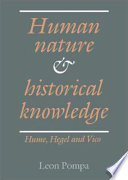 | Leon Pompa - History - 1990 - 248 pages
...the place in our practical reasoning that they have. Thus, he asserts, 'our assurance in any argument of this kind is derived from no other principle than...of the usual conformity of facts to the reports of witnesses'.33 He then proceeds to explain this nstiiil accuracy by reference to a variety of features... | |
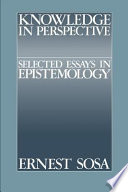 | Ernest Sosa - Philosophy - 1991 - 318 pages
...shall not dispute about a word. It will be sufficient to observe that our assurance in any argument of this kind is derived from no other principle than...usual conformity of facts to the reports of witnesses. It being a general maxim, that no objects have any discoverable connexion together, and that all the... | |
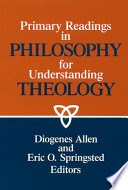 | Diogenes Allen, Eric O. Springsted - Philosophy - 1992 - 324 pages
...shall not dispute about a word. It will be sufficient to observe that our assurance in any argument of this kind is derived from no other principle than...usual conformity of facts to the reports of witnesses. It being a general maxim that no objects have any discoverable connexion together, and all the inferences,... | |
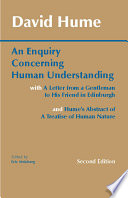 | David Hume, Eric Steinberg - Philosophy - 1993 - 170 pages
...shall not dispute about a word. It will be sufficient to observe, that our assurance in any argument of this kind is derived from no other principle than...usual conformity of facts to the reports of witnesses. It being a general maxim, that no objects have any discoverable connexion together, and that all the... | |
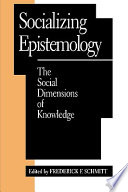 | Frederick F. Schmitt - Philosophy - 1994 - 336 pages
...of eye-witnesses and spectators It will be sufficient to observe that our assurance in any argument of this kind is derived from no other principle than...usual conformity of facts to the reports of witnesses" (Hume 1975, X, 111). 4. Contrast with Gibbard who thinks there's always something suspicious about... | |
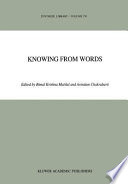 | Bimal K. Matilal, A. Chakrabarti - Language Arts & Disciplines - 1994 - 404 pages
...testimony of men, and the reports of eye-witnesses and spectators . . . our assurance in any argument of this kind is derived from no other principle than...of the usual conformity of facts to the reports of eye-witnesses. It being a general maxim, that no objects have any discoverable connexion together,... | |
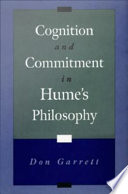 | Don Garrett Associate Professor of Philosophy University of Utah - Philosophy - 1996 - 289 pages
...in any argument [derived from the testimony of men and the reports of eyewitnesses and spectators] is derived from no other principle than our observation...usual conformity of facts to the reports of witnesses, (from 7, 8, and 9) 11. [T]he evidence, derived from witnesses and human testimony . . . varies with... | |
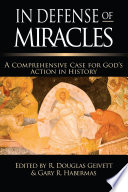 | R. Douglas Geivett, Gary R. Habermas - Religion - 1997 - 340 pages
...shall not dispute about a word. It will be sufficient to observe that our assurance in any argument of this kind is derived from no other principle than...veracity of human testimony, and of the usual conformity effects to the reports of witnesses. It being a general maxim, that no objects have any discoverable... | |
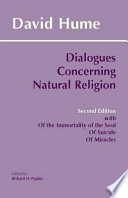 | David Hume, Richard H. Popkin - Religion - 1998 - 158 pages
...shall not dispute about a word. It will be sufficient to observe, that our assurance in any argument of this kind is derived from no other principle than...usual conformity of facts to the reports of witnesses. It being a general maxim, that no objects have any discoverable connection together, and that all the... | |
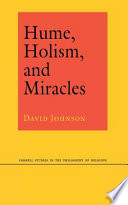 | David Johnson - Holism - 1999 - 140 pages
...villany, has no manner of authority with us. 2 Let us attend to the words: "our assurance in any argument of this kind is derived from no other principle than...conformity of facts to the reports of witnesses." Despite the logical form of this, I take it that Hume means, not just that "our assurance" here is... | |
| |